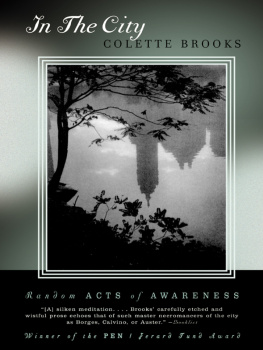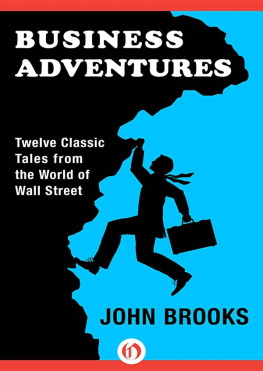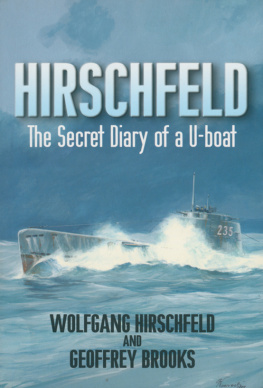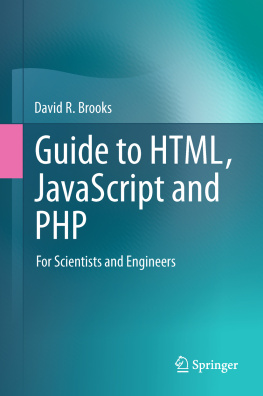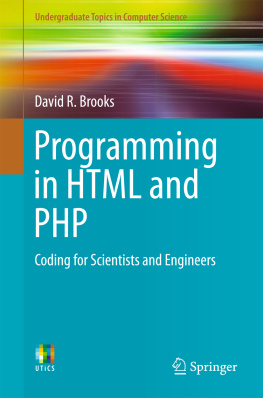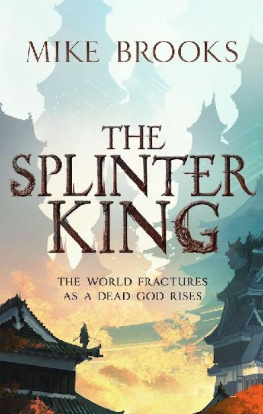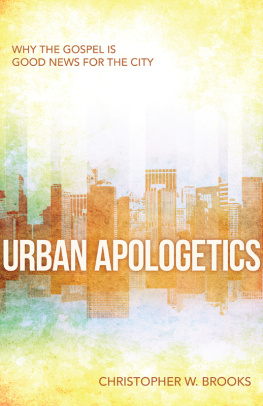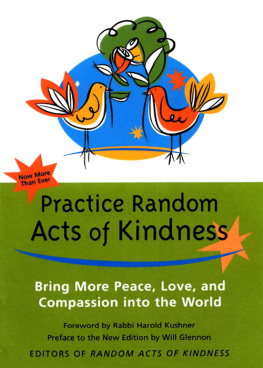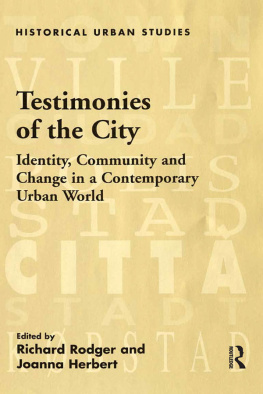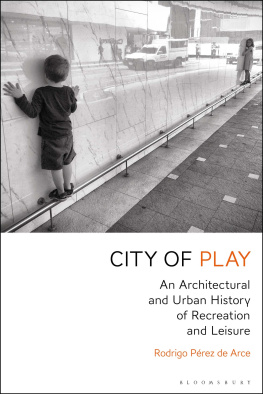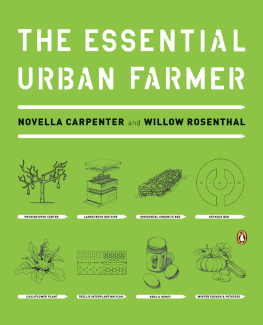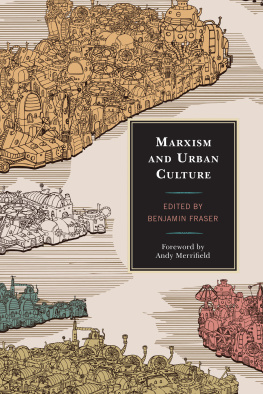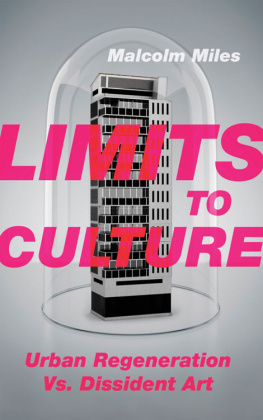Brooks - In the City : random acts of awareness
Here you can read online Brooks - In the City : random acts of awareness full text of the book (entire story) in english for free. Download pdf and epub, get meaning, cover and reviews about this ebook. City: New York, year: 2002, publisher: W. W. Norton & Company, genre: Detective and thriller. Description of the work, (preface) as well as reviews are available. Best literature library LitArk.com created for fans of good reading and offers a wide selection of genres:
Romance novel
Science fiction
Adventure
Detective
Science
History
Home and family
Prose
Art
Politics
Computer
Non-fiction
Religion
Business
Children
Humor
Choose a favorite category and find really read worthwhile books. Enjoy immersion in the world of imagination, feel the emotions of the characters or learn something new for yourself, make an fascinating discovery.
- Book:In the City : random acts of awareness
- Author:
- Publisher:W. W. Norton & Company
- Genre:
- Year:2002
- City:New York
- Rating:4 / 5
- Favourites:Add to favourites
- Your mark:
- 80
- 1
- 2
- 3
- 4
- 5
In the City : random acts of awareness: summary, description and annotation
We offer to read an annotation, description, summary or preface (depends on what the author of the book "In the City : random acts of awareness" wrote himself). If you haven't found the necessary information about the book — write in the comments, we will try to find it.
In the City : random acts of awareness — read online for free the complete book (whole text) full work
Below is the text of the book, divided by pages. System saving the place of the last page read, allows you to conveniently read the book "In the City : random acts of awareness" online for free, without having to search again every time where you left off. Put a bookmark, and you can go to the page where you finished reading at any time.
Font size:
Interval:
Bookmark:

In the City
Random Acts of Awareness
Colette Brooks

To Charlene and Billy who always hoped to see the city for themselves
Copyright 2002 by Colette Brooks
All rights reserved
Printed in the United States of America
First published as a Norton paperback 2003
For information about permission to reproduce selections from this book, write to Permissions, W. W. Norton & Company, Inc., 500 Fifth Avenue, New York, NY 10110
Manufacturing by Quebecor Fairfield
Book design by Lovedog Studios
Production manager: Julia Druskin
Library of Congress Cataloging-in-Publication Data
Brooks, Colette.
In the city : random acts of awareness / Colette Brooks.1st ed.
p. cm.
ISBN 0-393-05108-0 (hardcover)
1. City and town life. 2. Civilization, Modern. I. Title.
HT119 .B76 2002
307.76dc21
2002000519
ISBN 0-393-32441-9 pbk.
ISBN 978-0-393-24333-8 (e-book)
W. W. Norton & Company, Inc., 500 Fifth Avenue, New York, N.Y. 10110
www.wwnorton.com
W. W. Norton & Company Ltd., Castle House, 75/76 Wells Street, London W1T 3QT
The publication of the paperback edition of In the City enables me to clear up a question that many readers of the hardcover edition have wondered about. Though In the City contains intermittent references to cities under siege, undercurrents of danger, and the threat of terrorism, it was completed before September 11, 2001, and is presented here without alteration. At that moment it was already in production. As I thought about the manuscript in the aftermath of the attack on New York City, I felt a growing sense that anything I might say about 9/11 was, fundamentally, already there. The book is infused with my belief that cities, and those who live in them and love them, are masters of survival and regeneration. Those sections in the book that deal with what I term mischance and cataclysm simply affirm that conviction; the complex threads of connection that sometimes seem so fragile are, nonetheless, enduring. The city, whether New York or Washington or Sao Paolo or any of a thousand others, has always been an irresistible emblem of the future. It embodies something precious that many of us in disparate countries and cultures wish to protect, and nothing that happened on that day in September can deter us.
We have had more than a year now to absorb the attack and try to make sense of it. What I recall most clearly about that daywhen I strip away a years worth of conjectureis the utter confusion of those early hours, the raw experience unfolding without any explanation. We hardly knew what was happening, much less why. This sense of disorientation is also something I explored in my book, believing that we never have the whole story, as it were, that we always work from fragments knitted together as needed. Its a special skill of city dwellers, who have learned how to live in that limbo between question and answer.
I first got the news that morning on an Internet site; a moment later someone called from across the country and urged me to turn on the TV. I watched the inexplicable images on the screen for a while, then finally looked out my window, where I saw for myself that black cloud obliterating the blue. In other parts of the cityfarther uptown, or farther out in the boroughsone wouldnt have seen signs of anything amiss. Those of us who were just miles away, downwind, couldnt avoid the spiraling acrid smoke.
I spent much of that day looking out the window.
In those early hours reports were circulating that eight planes had been commandeered, so that four others were possibly still out there, somewhere. I scanned the sky for telltale traces throughout the afternoon, but saw only the tiny streaks of F-16s circling far above us.
The subways had been shut down almost immediately, so no one could have gone anywhere else even had they wanted to. No one I knew wanted to.
Like many others, I rushed out the next morning to give blood that would never be needed, though we didnt know that then. Some were walking the streets in surgical masks. I remember thinking: How odd that anyone could possibly be so prepared.
Later that week I took my first trip into the frozen zone, on foot, with all of downtown cordoned off and closed to traffic. Scattered pedestrians were standing in the middle of the deserted street, just looking up at the lingering smoke and the empty spot in the sky.
We had never seen the city so still.
The building where I taught was turned into a triage center for the families, a place to seek information and put up missing posters. The questions and the posters accumulated steadily as the days wore on; wall space was soon in short supply, so people took to taping messages on the railings along the walkways.
It was impossible to take in all the faces, but whenever I walked by I tried to look closely at a few of them at a time.
Invariably, time passed. I was struck, again and again, by the strength of ordinary people, the steady composure and resolve. I felt safer among all these strangers. If something else happens, I found myself thinking, I want these folks with me.
I feel the same way today.
In January I got a letter from someone in Cairo who had read In the City by chance, after someone else had left it on a bookshelf in a hotel lobby. It had given him, he said, another look into the rest of the world, and he wondered if that was a random act of awareness or part of a plan.
He didnt know, and neither do I. But Im thankful that someone left my book in that part of the world. Those of us who care about bridging cultures need to communicate with each other.
I have since traveled to European cities that are (to an American) unimaginably ancient and still thriving. In Florence, I walked over the fabled medieval Ponte Vecchio, the only bridge that the Germans didnt destroy in WWII, as the guidebooks tell us, and thought about that act of restraint. In Rome, in the ruins of the Forum, I took pictures of pieces of marble and tried to imagine them whole.
I think often now of something the Swedish journalist Stig Dagerman wrote in 1946 after touring devastated German cities at the end of the war. He was walking in the rubble and realized, he says, that the people were the real ruins, caught up in history, bearing its scars, but to his eyes strangely beautiful.
To which I would only add: and still standing, still here.
Colette Brooks
New York City
January 21, 2003
Who is telling the story? Where does the story take place? How does the story begin? How else could the story have ended?
Guidelines for Writers
author unknown
The only resource that remains to us is to collect as many facts as we can.
DAlembert
Preliminary Discourse to the Encyclopedia, 1751
How does the story begin?
One possibility: a young girl dreams about a place shes only heard of in books, in movies, on TV. Its much bigger than the town in which shes grown up. People in that distant place are busy, happy, never bored. They wear long dresses that billow as they walk, or tailored suits and hats. They have jobs; some even have careers. They fall in and out of love, which is natural, considering how many other people are always around.
Maybe, the girl thinks, theres room for one more.
She takes the heavy encyclopedia off the shelf and looks the city up, traces its streets, its neighborhoods, its odd unpronounceable names. She wonders, ever so hesitantly, what it might be like to live there. And so the mysterious process has begun: the city is reeling her in
Next pageFont size:
Interval:
Bookmark:
Similar books «In the City : random acts of awareness»
Look at similar books to In the City : random acts of awareness. We have selected literature similar in name and meaning in the hope of providing readers with more options to find new, interesting, not yet read works.
Discussion, reviews of the book In the City : random acts of awareness and just readers' own opinions. Leave your comments, write what you think about the work, its meaning or the main characters. Specify what exactly you liked and what you didn't like, and why you think so.

